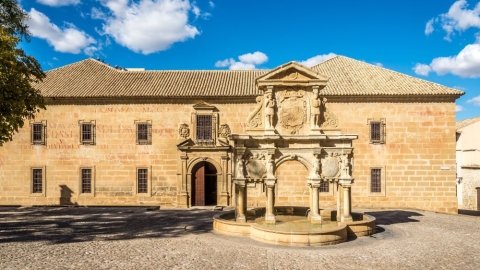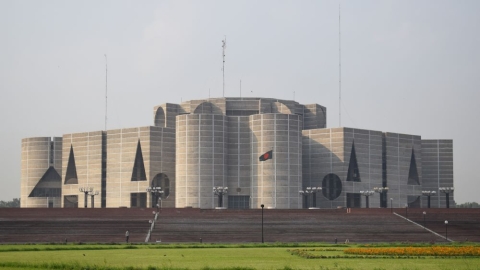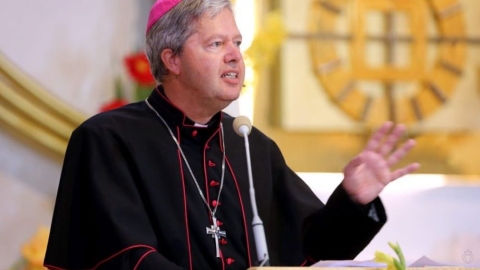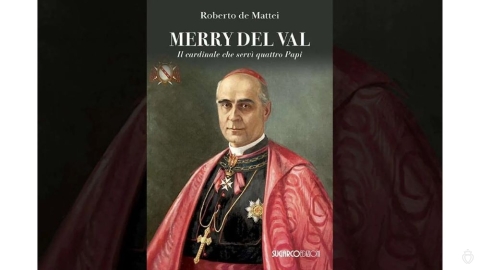Pope Francis Again Takes Up the Title of Patriarch of the West
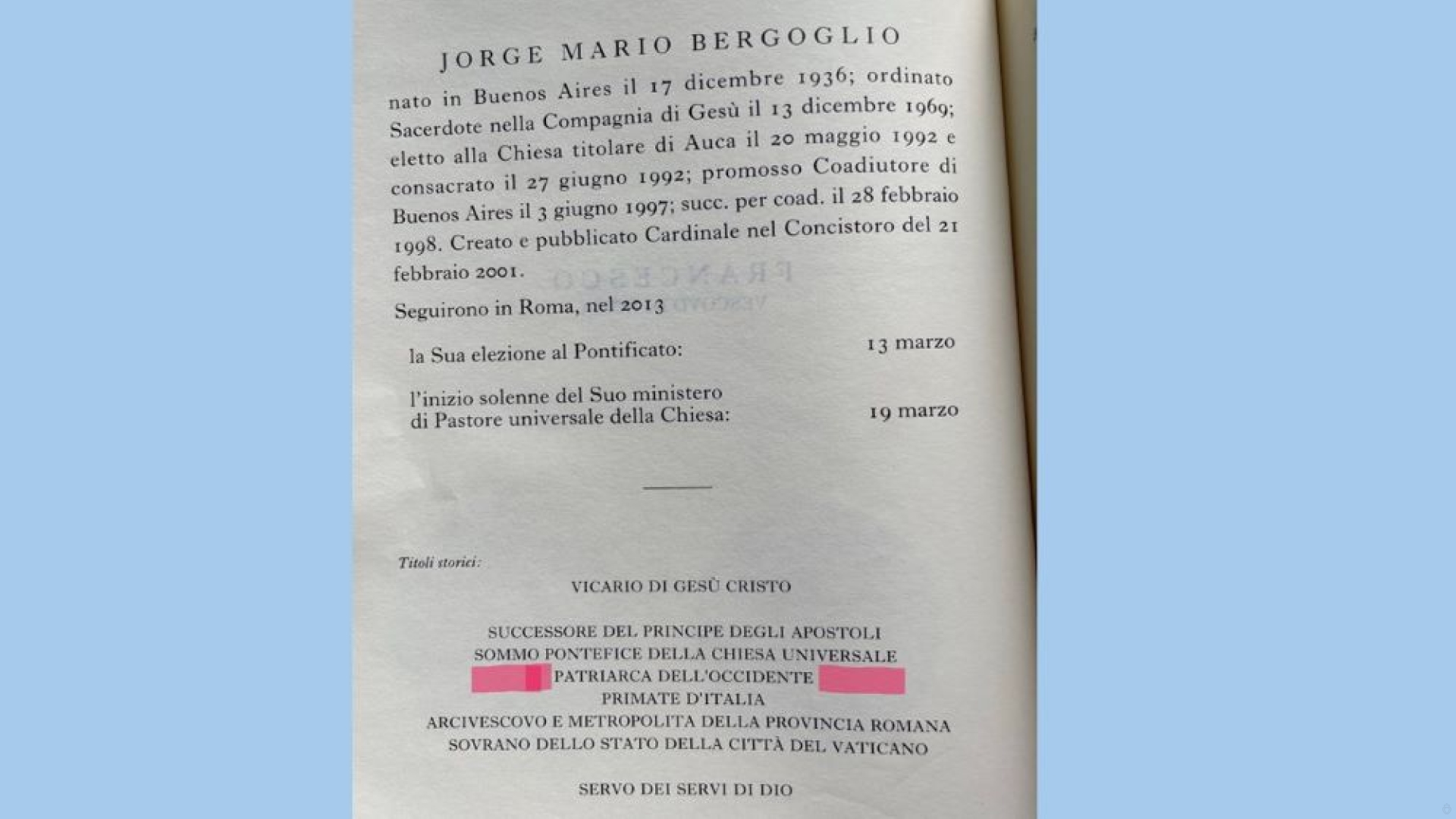
The attentive reader of the latest edition of the Pontifical Yearbook, published by the Libreria Editrice Vaticana on April 9, 2024, may have thought he was seeing things when encountering, affixed to the name of the reigning Pontiff, a title which was believed to have been forgotten by History: “Patriarch of the West.”
This old designation of the Roman Pontiff--one of his nine traditional titles--had been abandoned by Pope Benedict XVI in 2006, who at the time had put forward “cultural” and “ecumenical” reasons.
The title of Patriarch of the West had been adopted by Pope Theodore I in 642 and was in some sense “canonized” in the 1863 edition of the Pontifical Yearbook, during the reign of Pope Pius IX, because he adequately explained the particular modality of the jurisdiction that the Bishop of Rome exercises over the Latin Church.
The abandonment of this title by Benedict XVI had elicited the ire of the Orthodox Christian communion at the time. The Orthodox had seen the decision of Pope Benedict in an expansionist light. In response, the Holy See had to defend it with a justification, affirming, in a somewhat embarrassed manner, that the title of Patriarch of the West had been “unclear since the beginning.”
Moreover, “renouncing this title is intended to express the historical and theological reality and, at the same time, to be the renunciation of a pretension: a renunciation which could be to the advantage of ecumenical dialogue,” the Vatican thought best to assert.
18 years later, Pope Francis has therefore decided to make known that he is not ashamed of being Patriarch of the West, unlike his predecessor. It is difficult to explain the real reason for this 180 degree turn, since the Holy See has not given any frame of reference for it at the time this article was written. Nevertheless, several reasons can be put forward.
First of all, the desire for less tension with the Orthodox, who feel more and more out of step with the Latin Church, especially since the promulgation of the Declaration Fiducia supplicans. The document was sharply criticized by the Moscow Patriarchate. The resumption of this title is one way to reassure them by suggesting that the Roman Pontiff is primarily concerned with managing the Latin Church.
The information agency of the pontifical missions, Fides, evokes another reason, which also appears plausible: that of “synodality,” which would have pushed the Pope to look “back to the first centuries of Christianity, when there were still no dogmatic disagreements between the churches.”
“The title ‘Patriarch of the West’ also recalls in some way the experience of the First Christian Millennium, when the five seats of ancient Christianity (Rome, Constantinople, Alexandria, Antioch and Jerusalem), despite the differences in their respective histories and different spiritual accents, were of particular importance due to the bond that united them to the Apostolic Tradition.”
These were seats considered at the time, especially in 325 (the date of the Council of Nicea, whose anniversary will be celebrated by the Successor of Peter during the Holy Year of 2025), to constitute a “Pentarchy.” The imperial power even recognized them “as jointly responsible for the orthodoxy and leadership of the entire church.”
It could be that by taking up this title, Francis wishes to encourage the new synodal shift that he wants to see taken by the Church. But the synodality of the first centuries did not have the meaning that the Pope would like to give it today. This was confirmed as much by the Orthodox and the Eastern Catholic bishops during the last synod.
(Sources : Fides/Il Messaggero/The Pillar – FSSPX.Actualités)
Illustration : X / Ludwig Ring-Eifel
